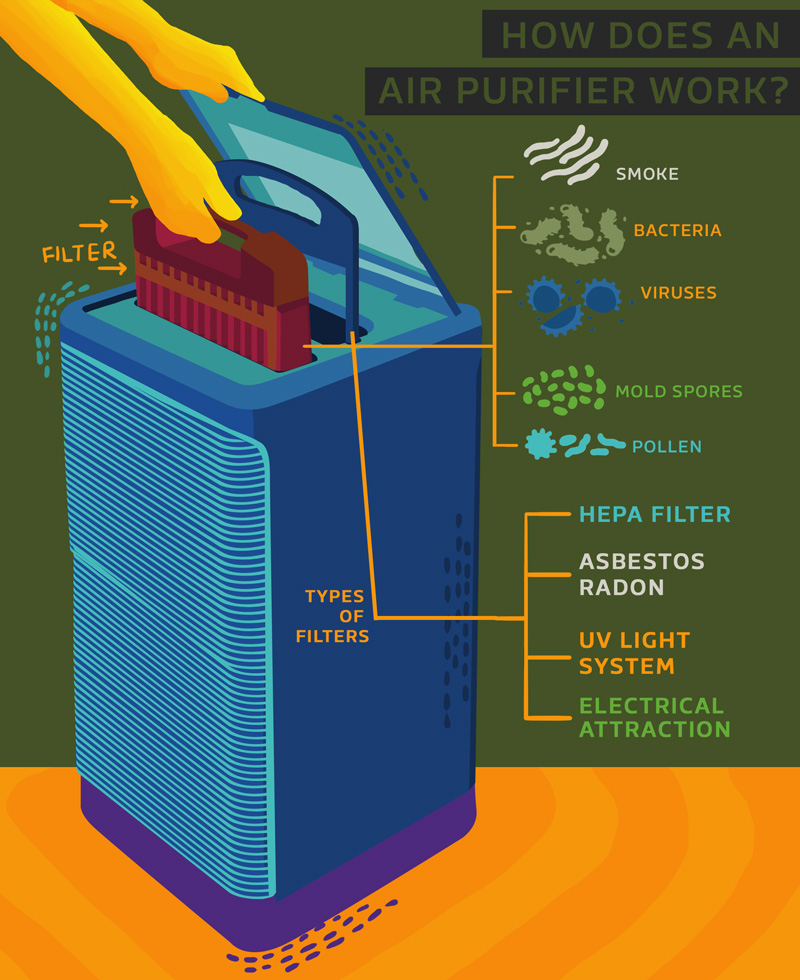Optimizing Convenience And Cost Savings - Tips For Optimizing Your Heatpump Performance
Optimizing Convenience And Cost Savings - Tips For Optimizing Your Heatpump Performance
Blog Article
Content Develop By-McKee Gunter
Whether you possess a heatpump or have an existing boiler back up, there are a couple of things that can be done to enhance your system for effective operation. By complying with these ideas, you can maximize comfort and financial savings without straining your system or acquiring power costs.
Adjusting your thermostat for performance is one of the first steps. Using zoning abilities to limit home heating of unoccupied areas is one more reliable approach.
1. Set Your Thermostat to the Right Temperature level
As the periods change, stabilizing convenience and price performance can be a difficulty. Fortunately, a couple of easy pointers can help you minimize energy intake and make best use of financial savings.
Beginning by figuring out the best temperature level for your family, then set your thermostat accordingly. Prevent making huge lift and down in the temperature level setting, as this will certainly trigger your heat pump to cycle on and off a lot more frequently, using up a lot more power.
Rather, progressively reduced the temperature during the night for a more comfortable sleeping setting. After that, elevate it slightly in the early morning. Bear in mind to maintain air vents open and routed downward when heating, and up when cooling to optimize blood circulation.
2. Examine Your Device Routinely
A heat pump system calls for very little maintenance, yet it is necessary to evaluate the unit routinely to catch any type of problems prior to they become extreme. Clean interior filters on a timetable established by the producer or when they're noticeably unclean, and ensure outside units contend least 2 feet of clearance to permit air flow.
Checking the system will certainly additionally include cleansing, tightening up electrical terminals, and running performance tests to ensure precision during heating and cooling settings. It's advised to have a specialist service the heatpump twice a year. Performing these regular solutions can make best use of power financial savings and lengthen the life of the system.
3. Clear Snow and Ice Around the Device
Heat pumps are created to operate outdoors and require to be without snow and ice in order to distribute air. If your heat pump is obstructed by snow and can't draw in air, it will certainly toggle between heating and cooling and may overwork.
It is essential to remove a two-foot clearance around your exterior system in order to improve air flow and prevent ice buildup. Heat pumps normally get in a defrost setting in the winter to melt ice and snow yet this procedure can be bothersome if your unit is blocked by excessive snow. This will minimize your power performance and result in pricey repair service expenses in the future.
4. Evaluate the Cooling Agent Levels
A heatpump uses cooling agent to cool your home in summer season and warm it in wintertime. You can help maximize its performance by consistently checking the refrigerant levels.
It takes extra power to transform the temperature level of your heat pump from a comfy setting to a cooler one than it does to maintain that temperature. Changing https://www.khq.com/news/putting-gas-saving-driving-tips-to-the-test/article_0543bdac-f992-11ec-bb6e-9be5655fac57.html for brief periods of time can likewise squander power.
Leaking air ducts and dirty air filters can lead to irregular temperature levels. They can additionally make your heatpump much less efficient and cost more to run. A professional can find and repair these troubles to enhance your heat pump's performance.
5. Optimize heat pump with ducts Zoning Capabilities
Making use of the zoning capacities of a heatpump can help to lessen energy waste by heating up only occupied areas. This not just lowers power usage however likewise minimizes operating costs and extends the life of the system.
The Build Well balanced Zones tool makes use of a genetic algorithm to develop areas that meet needed zone building standards. visit this site right here include equal area, compactness, and equal number of functions.
In addition, by making use of clever thermostat modern technology to optimize the temperature level settings based on occupancy patterns and scheduling, you can further enhance your heat pump's effectiveness. Preserving a tidy air filter, making certain correct insulation and having your ductwork reviewed for efficiency can all contribute to improved power financial savings as well.
6. Shading the Outdoor Device
Home owners often ask whether it's worthwhile to plant shade trees near their outdoor air conditioning unit (A/C) system. The solution is normally of course, as shading the air conditioner system can help reduce warmth from the sun, which in turn helps it cool more effectively.
However, it is necessary to keep in mind that shading the air conditioner unit doesn't necessarily cut power consumption. As clarified in the Discussion area of the FSEC record, the temperature of the surrounding air has a bigger effect on cooling down performance than does the quantity of air pulled in by the a/c unit.
If your air conditioning compressor gets on the south side of the house, consider growing high, deciduous trees with wide, spread-out covers. These can provide sufficient color within one year.